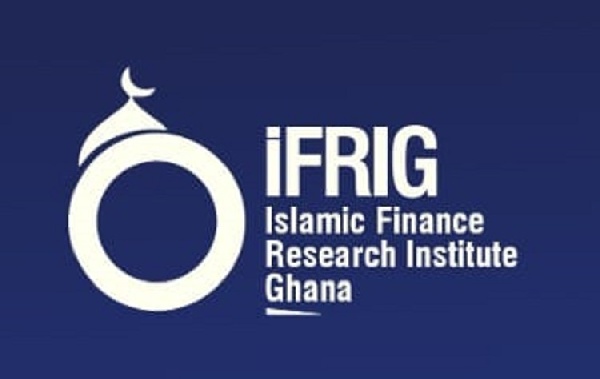Non-interest banking and finance, also known as Islamic banking and finance, is a system of banking that operates based on principles that are in line with Islamic law (Sharia). These principles include the prohibition of interest (Riba), speculation (Gharar), and uncertainty (Maysir). Non-interest banking and finance products are designed to promote social justice, financial inclusion, and economic growth.
The non-interest banking and finance system is based on a shared risk model, in which the bank shares the risk with the borrower. The bank and the borrower enter into a partnership, in which the bank provides the funds for the project, and the borrower provides the expertise and labour. The profits are shared between the bank and the borrower, with the bank taking a percentage of the profits as its return on investment.
Non-interest banking and finance have the potential to transform the economy and society in numerous ways. It promotes social justice. This Social justice refers to the fair and equitable distribution of resources, opportunities, and benefits within a society. In the context of non-interest banking and finance, social justice is promoted through the system’s shared risk model, which ensures that economic benefits are distributed equitably among all stakeholders. This can help to reduce income inequality, which is a major challenge in many countries.
Non-interest banking and finance also promotes financial inclusion. This Financial inclusion refers to providing access to financial services to individuals and communities who may have been excluded from the conventional banking system due to various reasons such as lack of access to credit, inadequate financial infrastructure, or socio-economic factors. Non-interest banking and finance can help to promote financial inclusion by providing access to financial services to individuals who may have been excluded from the conventional banking system. This includes low-income individuals, small businesses, and rural communities.
By providing access to financial services, non-interest banking and finance can help to promote economic growth and reduce poverty. Economic growth refers to an increase in a country’s production of goods and services, which leads to an increase in its Gross Domestic Product (GDP). In the context of non-interest banking and finance, the system can contribute to economic growth through investments in projects that have a positive impact on the economy, financial inclusion, responsible lending and borrowing, financial stability, and ethical and sustainable investing.
Moreover, the non-interest banking and finance system can play a crucial role in sustainable development. The system prioritises investments in projects that promote environmental sustainability, social responsibility, and ethical standards. This means that the non-interest banking and finance system can help to promote a more sustainable and equitable future.
Sustainable development refers to meeting the needs of the present without compromising the ability of future generations to meet their own needs. In the context of non-interest banking and finance, the system can contribute to sustainable development in several ways. This industry can contribute to sustainable development through investments in projects that are beneficial to the environment and society, financial inclusion, responsible lending and borrowing, financial stability, and financial literacy and education.
In conclusion, non-interest banking and finance have the potential to transform the economy and society in numerous ways. By promoting social justice, financial inclusion, economic growth and sustainable development, non-interest banking and finance can help to promote a more equitable and prosperous future.
AUTHOR: Islamic Finance Research Institute of Ghana (IFRIG), is a registered non-governmental organization that is into research, advocacy, training and education, in the field of non-Interest banking and finance and financial inclusion in Ghana. You can reach us;[email protected].










